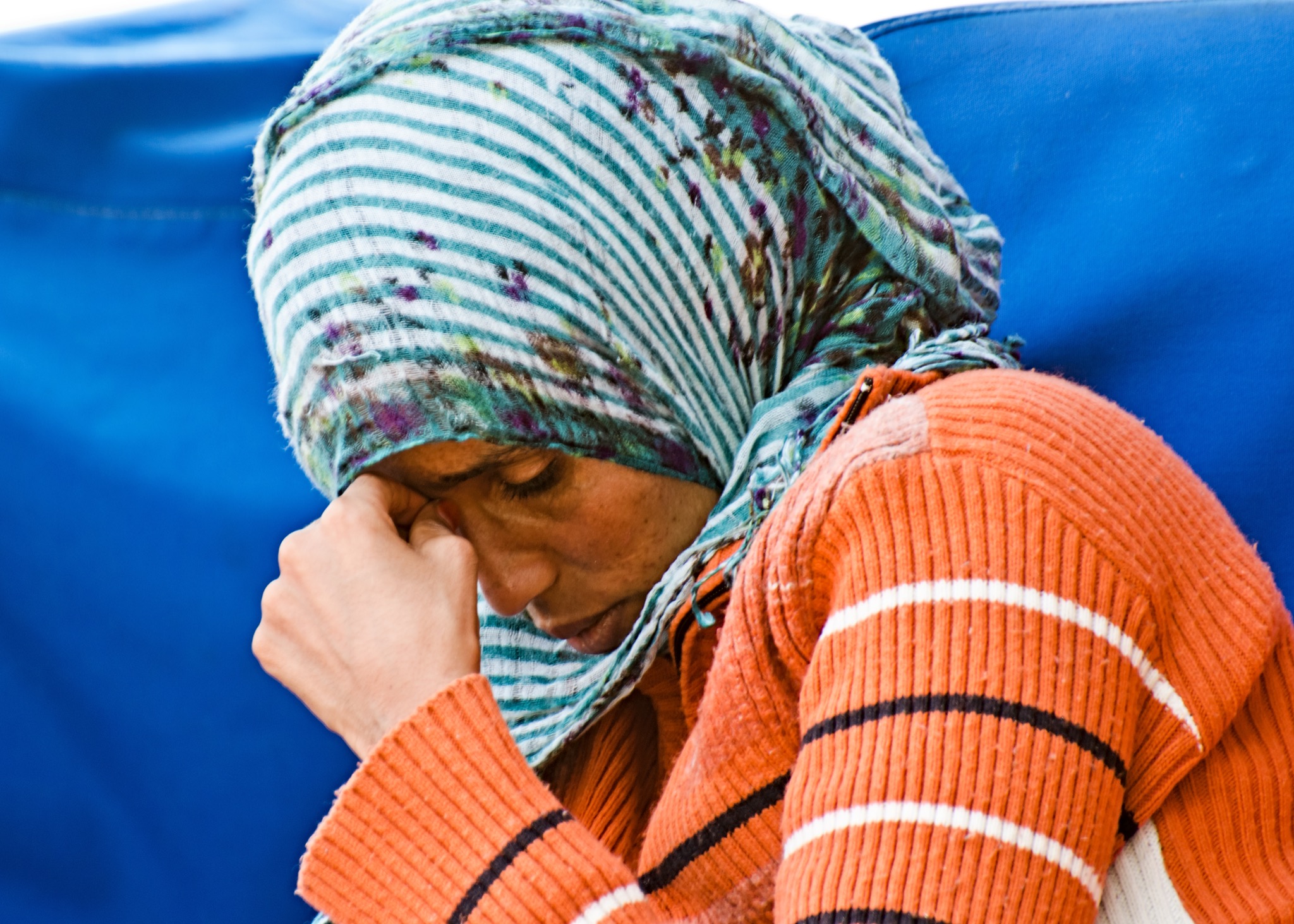-

-
Thirty years have passed since the United Nations High Commissioner for Refugees (UNHCR) officially set foot in Malta through an Operational Partners Agreement with the Emigrants’ Commission, signed on December 2, 1987.
Moreover, 15 years have gone since, in 2002, Malta saw the first big wave of Mediterranean boat people reaching its shores, seeking international protection. It signalled the start of a phenomenon that led to what is probably the most important social and cultural challenge our country faced for a very long time.
Throughout all these years, the Maltese people had the occasion to see, through a direct experience, how right Pope Francis is when, in his Message for the World Day of Migrants and Refugees (January 14, 2018) he states that, as regards the challenges of migration, “our shared response may be articulated by four verbs: to welcome, to protect, to promote and to integrate”.
The road we have walked, as a people, in the realisation of these principles has its own dull and bright factors. There were and there still are those who find it difficult to understand, or continue to refuse to acknowledge, that every migrant who reaches our islands seeking asylum or humanitarian support means a challenge to our sense of solidarity. There were and there are still operational sectors where the progress we have managed to achieve in welcoming, protecting, promoting and integrating refugees and migrants could have been or could be better and more effective. Yet, when we look back at where we started from, we have enough reason to feel the satisfaction that a lot of good work has been done, especially in the areas of welcoming and protecting, to the benefit of thousands of refugees or people in a refugee-like situation.
In today’s circumstances and realities, one could perhaps say that the biggest challenges that we are still facing concern the principles of promoting and integration. Pope Frances tells us that, “promoting essentially means a determined effort to ensure that all migrants and refugees – as well as the communities which welcome them – are empowered to achieve their potential as human beings, in all the dimensions which constitute the humanity intended by the Creator.” As regards the process for the integration of refugees and migrants, then, about which we have been hearing and hoping so much, it is necessary that we approach this challenge through a true consideration of the opportunities it offers for intercultural enrichment.
As Pope Francis says, integration is not an assimilation that leads migrants to suppress or to forget their own cultural identity. Rather, contact with others leads to discovering their ‘secret’, to being open to them in order to welcome their valid aspects and thus contribute to knowing each one better. This is a lengthy process that aims to shape societies and cultures, making them more and more a reflection of the multi-faceted gifts of God to human beings.
In the Pope’s words, this process can be accelerated by granting citizenship free of financial or linguistic requirements, and by offering the possibility of special legalisation to migrants who can claim a long period of residence in the country of arrival. Frances reiterates the need to foster a culture of encounter in every way possible – by increasing opportunities for intercultural exchange, documenting and disseminating best practices of integration, and developing programmes to prepare local communities for integration processes.
On the occasion of the World Day of Migrants and Refugees, today, Sunday 14th January, the Apostolic Nuncio, Mgr Alessandro D’Errico, will preside over a Mass at the Church of Capuchin Friars, in Floriana, at 9: 00 a.m.





